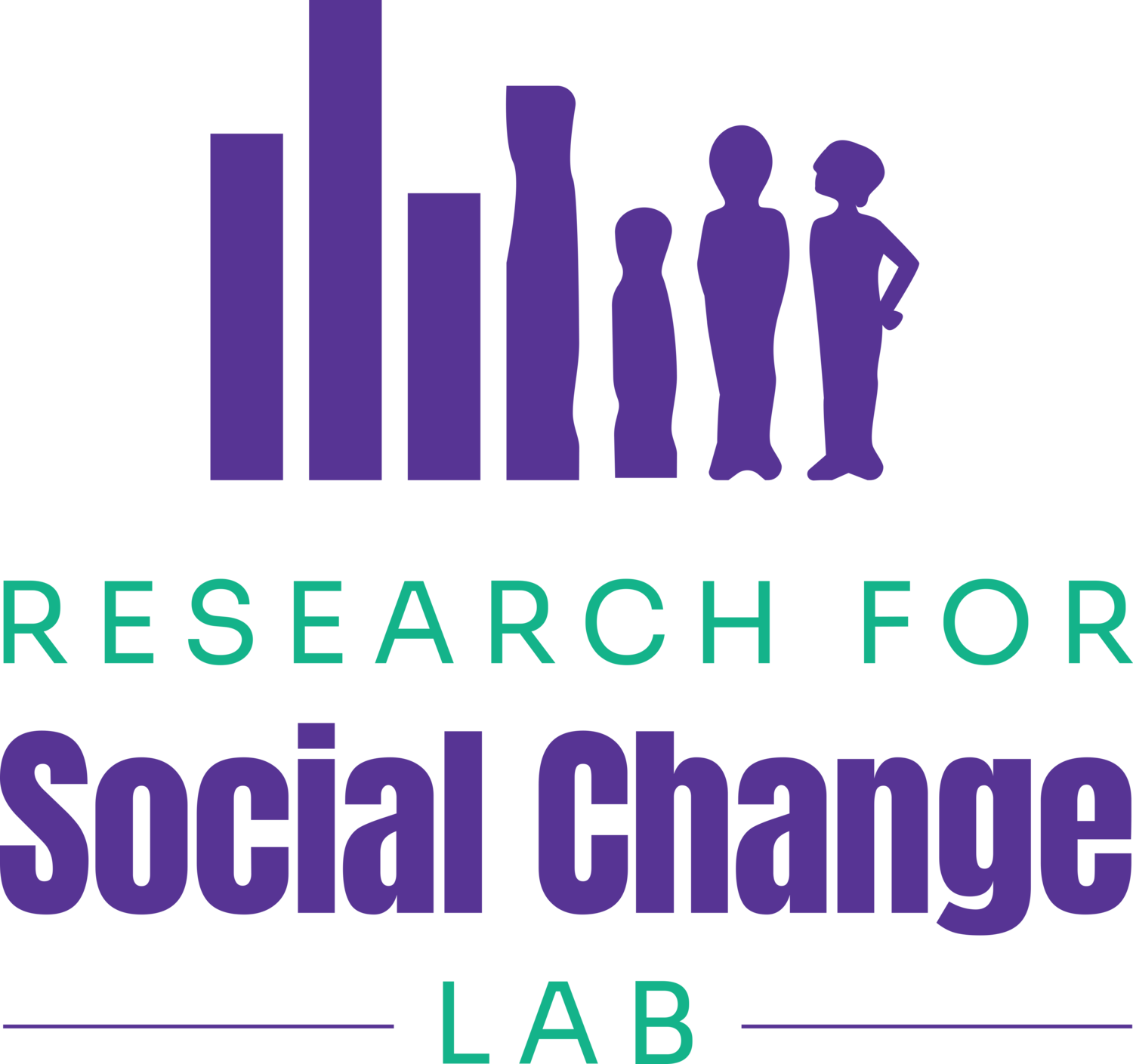Journal Article: How Quebec’s healthcare system exacerbates youth homelessness
RSCL director Naomi Nichols has co-authored a journal article with friend-of-the-lab Jayne Malenfant about how Quebec’s health care system exacerbartes youth homelessness in the province. The article is called “Health System Access for Precariously Housed Youth: A Participatory Youth Research Project” and it is published in the journal Society and Mental Health.
Naomi’s and Jayne’s article draws on findings from the lab’s Montreal-based participatory research team, the Youth Action Research Revolution, or YARR for short. From 2018 to 2020, YARR distributed surveys and conducted interviews with over three-dozen young people who had experienced homelessness in Montreal. YARR’s goal was to identify the ways Quebec’s public institutions — from schools to hospitals to prisons — could better support young people who were at risk of (or already experiencing) homelessness.
In this article, Naomi and Jayne share findings from YARR related to the health care system in particular.
Here is the article’s abstract:
This article builds from young people’s experiences navigating health system organizations to identify concrete institutional and policy processes that pose problems for youth experiencing or at risk of homelessness, as well as those that show promise in terms of health promotion. Our participatory youth research team explored homeless youth’s health-seeking practices, the specific barriers they face, and relations between their health-seeking efforts and their homelessness. Youth and adult co-researchers interviewed 38 individual youth (aged 16–29) who completed 64 qualitative institutional history interviews. Their accounts illuminate a systemic lack of capacity to address the mental health needs of homeless youth. Unable to secure access to timely, sufficient, and suitable programs and services, youth navigate patchwork of crisis and emergency supports that undermine their autonomy, their health, and their housing stability. Finally, youth without stable housing—particularly those who are Trans* and non-binary youth and/or who use drugs—report discrimination in health care settings. Our results suggest that access to timely, appropriate, de-stigmatizing, and consistent (mental) health services is one way to prevent youth homelessness.


